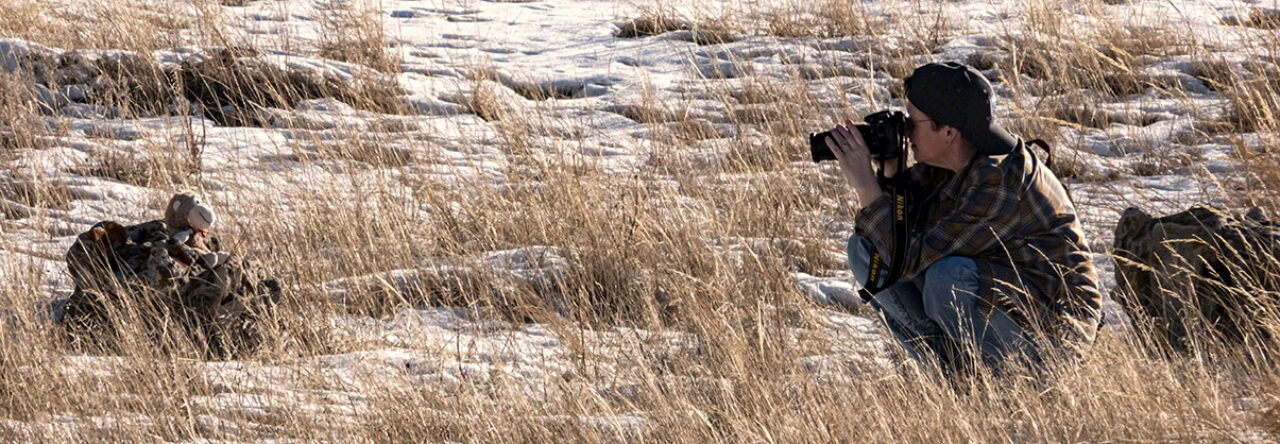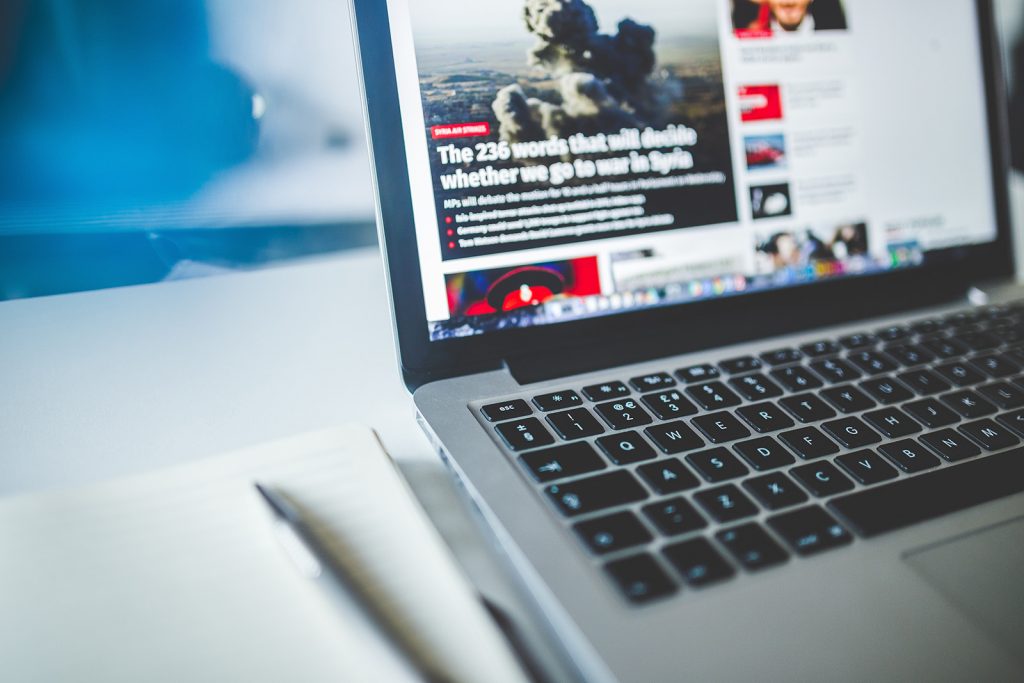Longform readings showcase some of the best writing on the internet. They typically contain illustrations, photography, interactives, and an engaging story.
My longform readings are usually listed at the end of my book reading list. After reevaluating the amount of time I spend online and determining how I would like to spend my free time, I have found myself reading and writing more. With that extra time, the longform reading list great and I decided to split it from the book reading list. These are the stories I have read in the first six months of the year. Part two will be uploaded in December.
#MeToo, say victims of sexual harassment in Japan
By The Asahi Shimbun
Japanese women are breaking their silence about sexual abuse and harassment and joining the #MeToo movement that is mushrooming in the United States and elsewhere.
At Vice, Cutting-Edge Media and Allegations of Old-School Sexual Harassment
By Emily Steel
A media company built on subversion and outlandishness was unable to create “a safe and inclusive workplace” for women, two of its founders acknowledge.
Bussed out: How America moves its homeless
By the Outside in America team
Each year, US cities give thousands of homeless people one-way bus tickets out of town. An 18-month nationwide investigation by the Guardian reveals, for the first time, what really happens at journey’s end
Thousands Once Spoke His Language in the Amazon. Now, He’s the Only One.
By Nicholas Caseydec
A video accompanies the story of the Taushiro.
The ungrateful refugee: ‘We have no debt to repay’
By Dina Nayeri
Dina Nayeri was just a child when she fled Iran as an asylum seeker. But as she settled into life in the US and then Europe, she became suspicious of the idea that refugees should shed their old identities and be eternally thankful.
‘The World’s Biggest Terrorist Has a Pikachu Bedspread’
By Kerry Howley
Not every leaker is an ideological combatant like Edward Snowden and Chelsea Manning. Reality Winner may be the unlikeliest of all.
American reams: why a ‘paperless world’ still hasn’t happened
By David J Unger
In a world seduced by screens, the future of paper might seem uncertain. But many in the industry remain optimistic – after all, you can’t blow your nose on an email.
America’s Worst Graveyard Shift Is Grinding Up Workers
By Peter Waldman and Kartikay Mehrotra
Cleanup at the slaughterhouse is as dangerous as it is repulsive, and the immigrants who do the work are under pressure to complete it faster than ever.
30 years after Prozac arrived, we still buy the lie that chemical imbalances cause depression
by Olivia Goldhill
Some 2,000 years ago, the Ancient Greek scholar Hippocrates argued that all ailments, including mental illnesses such as melancholia, could be explained by imbalances in the four bodily fluids, or “humors.” Today, most of us like to think we know better: Depression—our term for melancholia—is caused by an imbalance, sure, but a chemical imbalance, in the brain.
This explanation, widely cited as empirical truth, is false. It was once a tentatively-posed hypothesis in the sciences, but no evidence for it has been found, and so it has been discarded by physicians and researchers. Yet the idea of chemical imbalances has remained stubbornly embedded in the public understanding of depression.
The Biggest Secret: My Life as a New York Times Reporter in the Shadow of the War on Terror
By James Risen
The Tattooist of Auschwitz – and his secret love
By Ritu Prasad
For more than 50 years, Lale Sokolov lived with a secret – one born in the horrors of wartime Europe, in a place that witnessed some of the worst of man’s inhumanity to man. It would not be shared until he was in his 80s, thousands of miles from that place. Lale had been the Tattooist of Auschwitz. Discussion at Reddit.
A New American Leader Rises in ISIS
By Seamus Hughes, Alexander Meleagrou-Hitchens, and Bennett Clifford
A two-year investigation identifies one of the very few Americans in the Islamic State’s upper ranks—and sheds light on the dynamics of radicalization.
A woman’s choice – sexual favours or lose her home
By Jessica Lussenhop BBC News, North Carolina
Across the US, sexual harassment at the hands of landlords, property managers and others in the housing industry can drive poor women and their children into homelessness. It is a problem badly understood and virtually unstudied.
The Fight for the Future of Local News
By Kate Knibbs
Last year, hyperlocal coverage proved as vital as ever—and also faced some of its worst cutbacks yet. Can an embattled industry find new ways to support the oldest form of journalism?
The House That Spied on Me
By Kashmir Hill and Surya Mattu
“Thanks to the Internet of Things, I could live in my very own tech-mediated Downton Abbey. That’s the appeal of smart homes for most people, and why they are supposed to be a $27 billion market by 2021. But that wasn’t my primary motivation. The reason I smartened up my house was to find out whether it would betray me.”
Inside the Two Years that Shook Facebook—and the World
By Nicholas Thompson and Fred Vogelstein
How a confused, defensive social media giant steered itself into a disaster, and how Mark Zuckerberg is trying to fix it all.
Black Mothers Keep Dying After Giving Birth. Shalon Irving’s Story Explains Why
Nina Martin, ProPublica Renee Montagne
At 36, Shalon had been part of their elite ranks — an epidemiologist at the Centers for Disease Control and Prevention, the pre-eminent public health institution in the U.S. There she had focused on trying to understand how structural inequality, trauma and violence made people sick. “She wanted to expose how people’s limited health options were leading to poor health outcomes,” said Rashid Njai, her mentor at the agency. “To kind of uncover and undo the victim-blaming that sometimes happens where it’s like, ‘Poor people don’t care about their health.’ ” Her Twitter bio declared: “I see inequity wherever it exists, call it by name, and work to eliminate it.”
As America Changes, Some Anxious Whites Feel Left Behind
By Michele Norris
Demographic shifts rippling across the nation are fueling fears that their culture and standing are under threat.
Pre-Columbian earth-builders settled along the entire southern rim of the Amazon
By Jonas Gregorio de Souza, et. al.
The discovery of large geometrical earthworks in interfluvial settings of southern Amazonia has challenged the idea that Pre-Columbian populations were concentrated along the major floodplains. However, a spatial gap in the archaeological record of the Amazon has limited the assessment of the territorial extent of earth-builders. Here, we report the discovery of Pre-Columbian ditched enclosures in the Tapajós headwaters. The results show that an 1800 km stretch of southern Amazonia was occupied by earth-building cultures living in fortified villages ~Cal AD 1250–1500. We model earthwork distribution in this broad region using recorded sites, with environmental and terrain variables as predictors, estimating that earthworks will be found over ~400,000 km2 of southern Amazonia. We conclude that the interfluves and minor tributaries of southern Amazonia sustained high population densities, calling for a re-evaluation of the role of this region for Pre-Columbian cultural developments and environmental impact.
How Memphis Gave Up on Dr. King’s Dream
Opinion By Wendi C. Thomas
It was Dr. King who said: “Many white Americans of good will have never connected bigotry with economic exploitation. They have deplored prejudice but tolerated or ignored economic injustice.” What have we done with Dr. King’s sacrifice? Too little. Inequality is created and maintained by those who benefit from the labor of underpaid workers. Those people have names. Their names should be known.
Photographer Turns Travels Into a Visual Love Letter to South America
By Jessica Stewart
Belgian travel photographer Kevin Faingnaert spent three months traversing Bolivia, Argentina, and Peru, forgoing winter in his home country for an exploration of South America. The resulting travelogue is an incredible visual diary that pays homage to the people and places of the countries he visited.
Making America Toxic Again
By Rebecca Leber
Scott Pruitt’s job is to protect the environment. Unfortunately, God has other plans for him.
“The Clock Is Ticking”: Inside the Worst U.S. Maritime Disaster in Decades
by William Langewiesche
A recording salvaged from three miles deep tells the story of the doomed “El Faro,” a cargo ship engulfed by a hurricane.
Detained, Then Violated
By Alice Speri
1,224 Complaints Reveal a Staggering Pattern of Sexual Abuse in Immigration Detention. Half of Those Accused Worked for ICE.
‘No Company Is So Important Its Existence Justifies Setting Up a Police State’
By Noah Kulwin
A conversation with legendary programmer Richard Stallman on the real meaning of “privacy rights” and why he only ever uses cash.
How Trump Moved the Mexican Border North
By Emily Gogolak
It started in Texas. And the rest of the country is next.
Scott Pruitt Before the E.P.A.: Fancy Homes, a Shell Company and Friends With Money
By Steve Eder and Hiroko Tabuchi
At the E.P.A., Mr. Pruitt is under investigation for allegations of unchecked spending, ethics lapses and other issues, including his interactions with lobbyists. An examination of Mr. Pruitt’s political career in Oklahoma reveals that many of the pitfalls he has encountered in Washington have echoes in his past.
Billion-Dollar Blessings: How Jerry Falwell Jr. transformed Liberty University, one of the religious right’s most powerful institutions, into a wildly lucrative online empire.
by Alec MacGillis
Two recruiters told me they were instructed to quote L.U.O.’s cost on a per-credit basis, rather than per-course, which makes it sound more affordable. Undergraduate courses for part-time students are $455 per credit, or $1,365 for a typical course; master’s courses are typically about $600 per credit. They are instructed not to press prospective applicants too hard on their academic qualifications. Applicants have to submit past transcripts, but any grade point average above 0.5 — equivalent to a D-minus — would suffice, said the former employee in the nonmilitary division. Recruiters, he told me, “would say, ‘Congratulations, you’ve been accepted.’ They’d make it seem competitive.”
The two recruiters also said they were told not to mention Liberty’s Christian orientation until people agree to apply, when this fact is made clear in the user agreement they sign online. It also becomes clear at the moment that the recruiters sign up students for their first classes, typically an orientation class and three required Bible studies classes. Students often can’t transfer credits for these courses to other colleges, which deters many from dropping out: Leaving L.U.O. without signing up for more courses would mean wasting the money spent on the first four.
A Voyage Along Trump’s Wall
By Nick Paumgarten
Canoeing the Rio Grande reveals how life and a landscape would be changed along the border.
The Era of Fake Video Begins
By Frank Foer
The digital manipulation of video may make the current era of “fake news” seem quaint.
‘It’s worse than murder’: how rural America became a hospital desert
by Michael Graff in Belhaven, North Carolina
Since 2010, 53 rural hospitals have closed – many in counties with poverty rates higher than average – leaving residents in need stranded
North Sentinel Island: a timeline of the world’s most isolated tribe
By Peter Watson and Kia Abdullah
On a map, North Sentinel Island looks like any other idyllic spot in the Indian Ocean. Fringed with beaches and crystal cobalt waters, it lies in the Andaman archipelago of the Bay of Bengal. North Sentinel Island, however, is unlike any other. It has been described as ‘the hardest place in the world to visit’, ‘the world’s most dangerous island’ and home to ‘the most isolated tribe in the world’.
Data Detectives: I know what you’ll do next summer
By Jon Fasman
More data and surveillance are transforming justice systems. The relationship between information and crime has changed. There’s even a four-page graphic novel at the end you can download for free.


1 Pingback